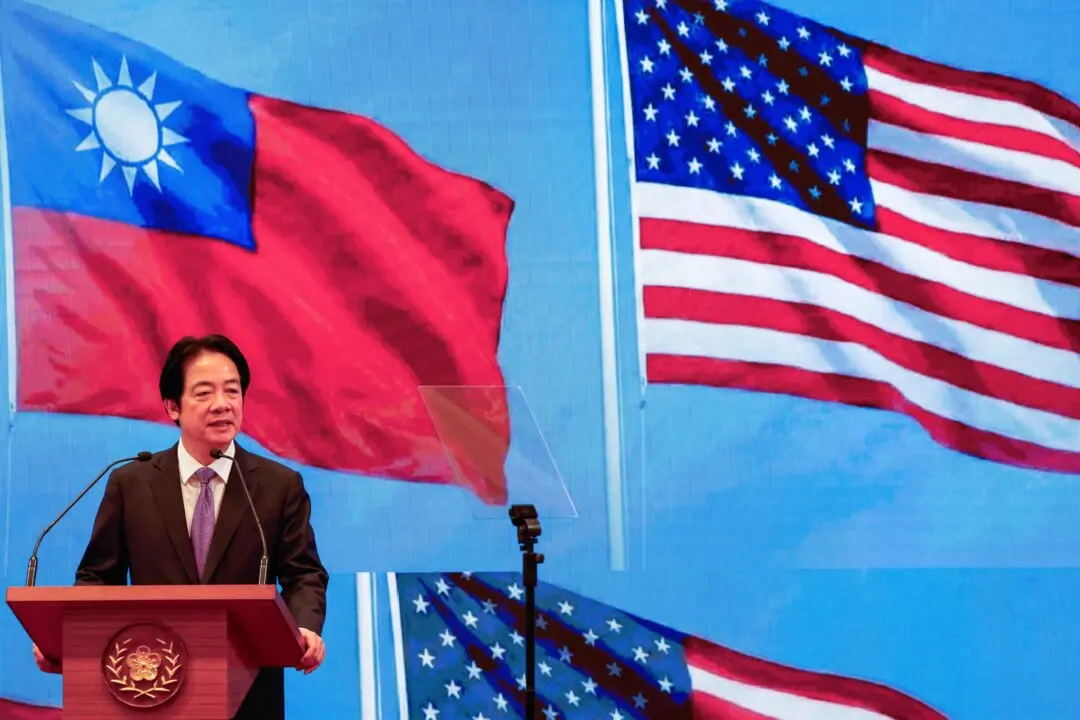The Chinese regime has apparently further tightened its already tight grip on the Internet since New Year’s Eve. Internet users in China have alerted the Chinese-language Epoch Times about having problems accessing uncensored online information outside China with anti-censorship software.
“Freegate was down for three days. It has taken me much effort to overcome the Great Firewall,” a reader commented on the Chinese-language Epoch Times website. “We won’t allow the bandits to repeatedly isolate us.”
Freegate is anti-censorship software freely provided by the U.S.-based company Dynamic Internet Technology (DIT), which allows people to break through Internet censorship.
It is highly possible that the military was involved.




